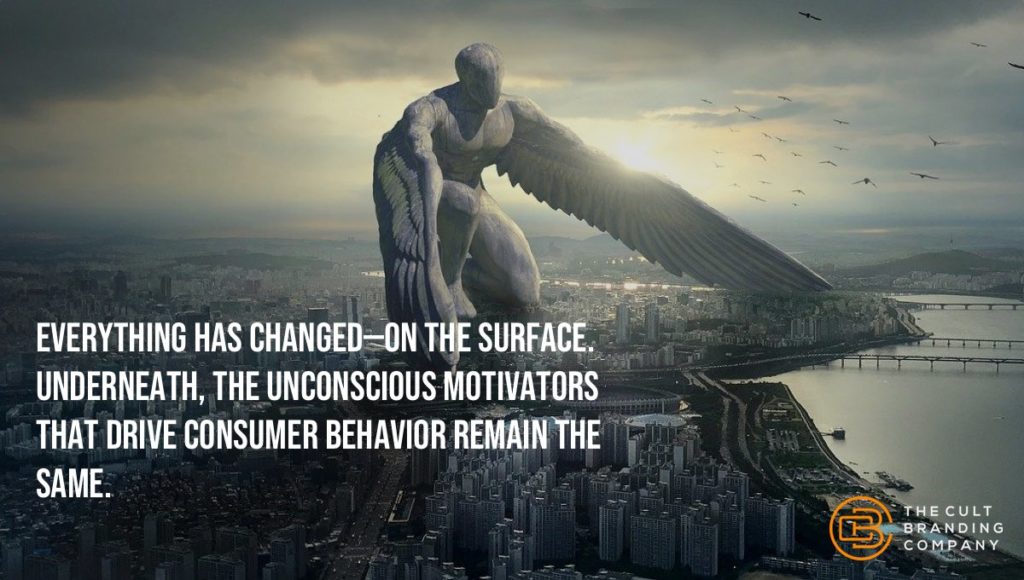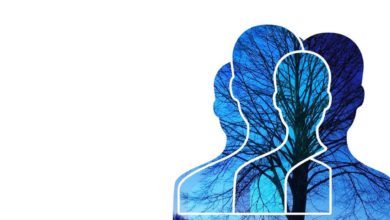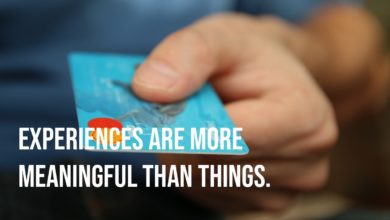[ad_1]

If we stand here now and look back into the mists of time to the very first days of human commerce we’ll discover that business owners have always wanted the answer to a single question: what makes consumers act the way they do?
One of the factors that drive consumer behavior, consciously or otherwise, is meeting individual needs. You’re familiar with Maslow’s hierarchy of needs, the model that tells us that we are all in possession of certain innate needs that must be met in order for us to enjoy optimal physical and psychological health.
These needs are ranked, so the most pressing and vital for life are met first. These are the physiological needs—the need for food, water, shelter, and warm clothing. These are the needs we experience as an individual. The next needs we come to—security and social needs—articulate what’s essential if we’re to live successfully with other people.
After that comes the esteem needs. Esteem needs center around our perception of ourselves. What defines you as a person? What makes you worth knowing? This is the point at which we start taking personal inventory: what are those qualities and traits that define who we are in our own eyes and, by extension, in the eyes of the people we respect?
The Search for Status
In many ways, we’re talking now about the search for status. We are motivated by the need to appear respectable, admirable, worthy of envy. This need has been a constant throughout civilization, but how people have set about meeting this need has evolved.
We can see this happening. Once upon a time, for example, people would derive their status from the community groups and organizations they belonged to. Being in the right profession, attending the best university, being a member of a faith community, and volunteering to serve the community in meaningful as well as visible ways all conferred status.
Another way people met their need for status was the accumulation of wealth and the display of the abundance that wealth could secure. No one needs a 5,000 square foot home, but many, many people have devoted their lives to be in a position to have one because that type of homeownership directly filled their esteem need for status.
Today, however, many of the cultural institutions we once prized are no longer held in such high regard. We’re in the midst of massive global economic changes that make it far more difficult, if not impossible, for the average person to pursue the material trappings of status as easily as was once possible.
The need for status remains, but the mechanism by which we previously met the need no longer works the way it used to. Humanity is infinitely adaptable and resourceful. What we’re seeing now is a shift to meet status needs by new routes. In the emerging paradigm, status is tied to non-tangible assets: the connections one has with others, a commitment to altruism or philanthropy, and more than anything, the skills and knowledge one acquires through a lifetime’s experiences.
Understand Your Customers To Build Your Brand
Leading organizations need to have the capacity and ability to move with their base as they navigate the challenging, emerging landscape of collective cultural values. What was important yesterday may not be as critical tomorrow. This takes work, insight, and analysis, but the rewards of a successful investigation will pay tremendous dividends.
Everything has changed—on the surface. Underneath, the unconscious motivators that drive consumer behavior remain the same. Being able to recognize and honor the emerging forms our customers are taking to meet these needs is the skill organizations will need to use to separate themselves from the pack and attain—or maintain—market leadership.
[ad_2]
Source link






